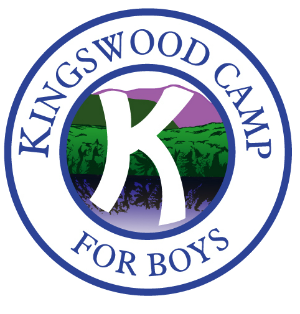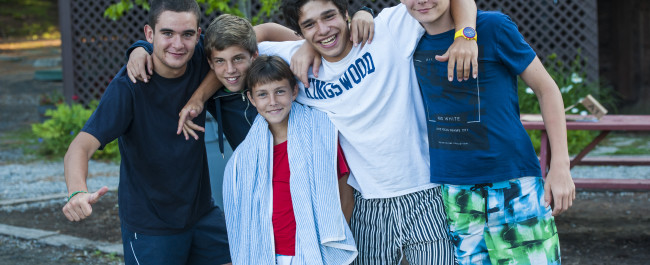Running A Successful Cabin Meeting At Camp

You have to be on your “A game” mentally to conduct any serious conversation with your campers. Start by being very firm. Insist that all campers assume the same posture – sitting on a bench, laying on the grass etc.
Be On Guard
You must be on guard for a slow start and have firm comments ready to employ right away. One well-handled response at the beginning is usually sufficient to put an end to any nonsense! And, once you have established control, you can ease back to your normal, friendly self.
Re-articulate good points made by the campers. That means that you say the same thing he or she just said, but in your words. Often young campers won’t have quite the right vocabulary to be able to articulate a good point, but you get the gist of what they are trying to say. Take the spirit of what they are saying, and re-articulate it to the group.This tactic gives credit to the original speaker while emphasizing the status of your approval. Funny comments that can be re-articulated into important points are also accepted. First, the kids will laugh, but with your assistance, the speaker can get back to the idea that his buddy was brave, or sportsmanlike. Works every time. Keep the meeting going the full assigned time. Permit no suggestion to move on to a game or other activity. End the meeting by thanking the campers for their attention, pointing out specific kids for their especially useful commentaries and tell them you look forward to more discussions with them.
Keep The Conversation Going
Below are some general talking points you can use to keep any conversation alive.
- Play the name game or another variation if it’s early in the season
- Let’s talk about the good and bad things of the past week
- What are your continuing expectations of being at camp?
- What changes would you recommend to the program?
- What are some of your hobbies outside of camp?
- Why is camp different from (or similar to) school?
- Tell a story about a very “good camp” event.
- Vote on the following statement (Your choice) on a scale of 1 to 10, 1 meaning you are quite unhappy about the situation described in the statement to 10, meaning you are thrilled. Examples: You are making friends; you are adjusting to camp life; you think about family and home but it does not bother you as much any more; you like camp activities; vote on camp happiness now that you have been here for 7, 14, or 21 days.
- Some people think that your happiness at camp must be earned.
- Let’s think of a great report regarding this meeting that one of us can make at full camp meeting.
- Everyone think of a statement of praise he could make on another camper or counselor if we have the chance to do it at full camp meeting. Sportsmanship and friendship examples are better than achievement kudos. Why?
- Let’s talk about the camp’s rules: Are they strict? Should we accept them? Are there better ones we could suggest?
- What about the freedoms we have at camp? Are they not free enough, too free, or just about right? Name some you would add or subtract.
- Name some responsibilities we have at camp. Is it good to have some things we must do?
- What is a bully? What can you personally do about a person who insists on being cruel to you? (For more information about bullying visit stopbullying.gov for some extra tips to share with your group).
- To make a friend, you have to BE a friend. What are some strategies you can employ here? (For extra strategies go here).
- “Cabin dynamics” are very important at camp? Who can define the term?
- Sharing is a great human trait. Why do more of it than less?
- Foul language is a sign of a guy who cannot express his true feelings or views very well.
- Let’s conclude by listing all the reasons why our camp is a great place to spend one’s summer.

